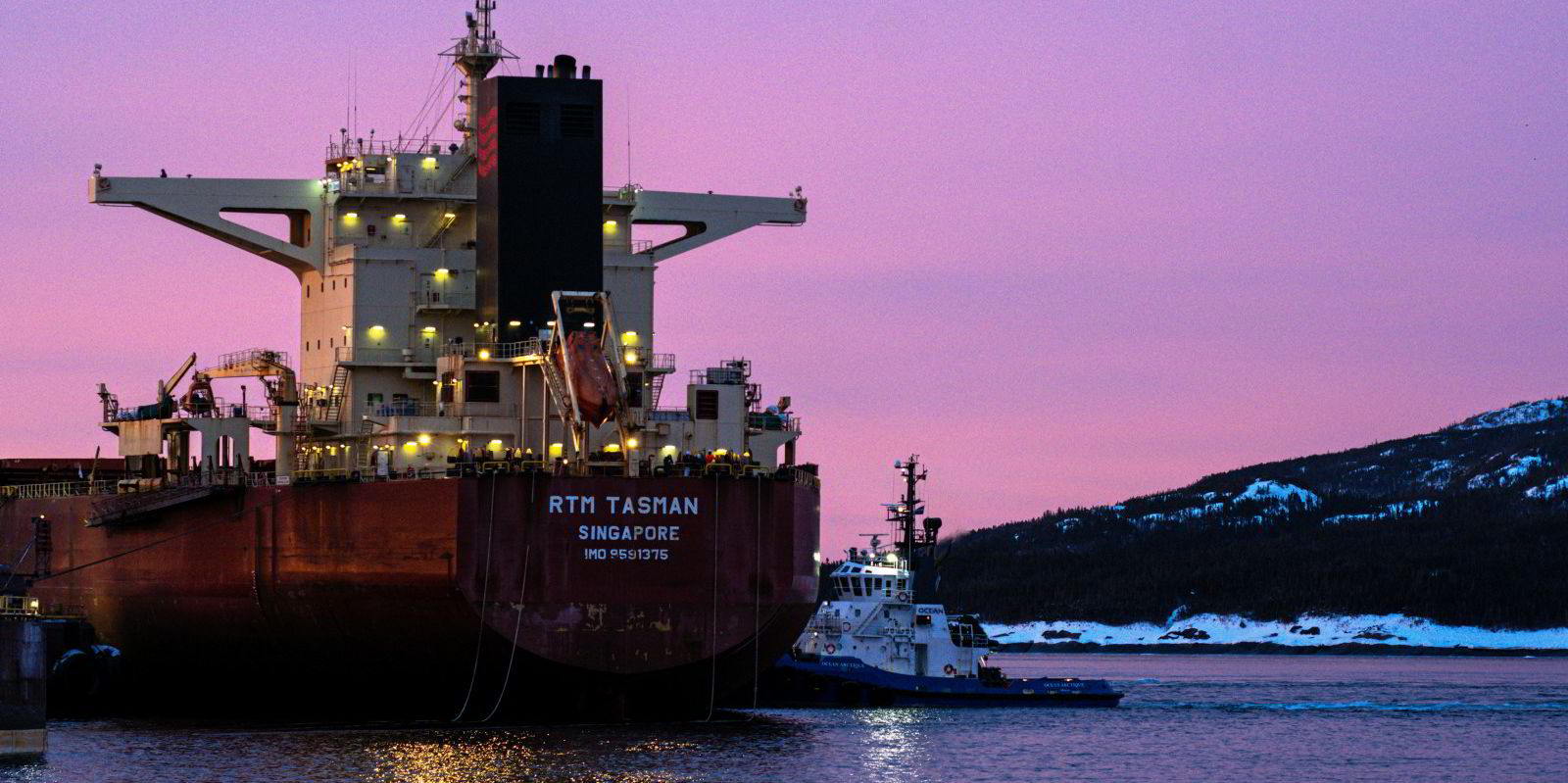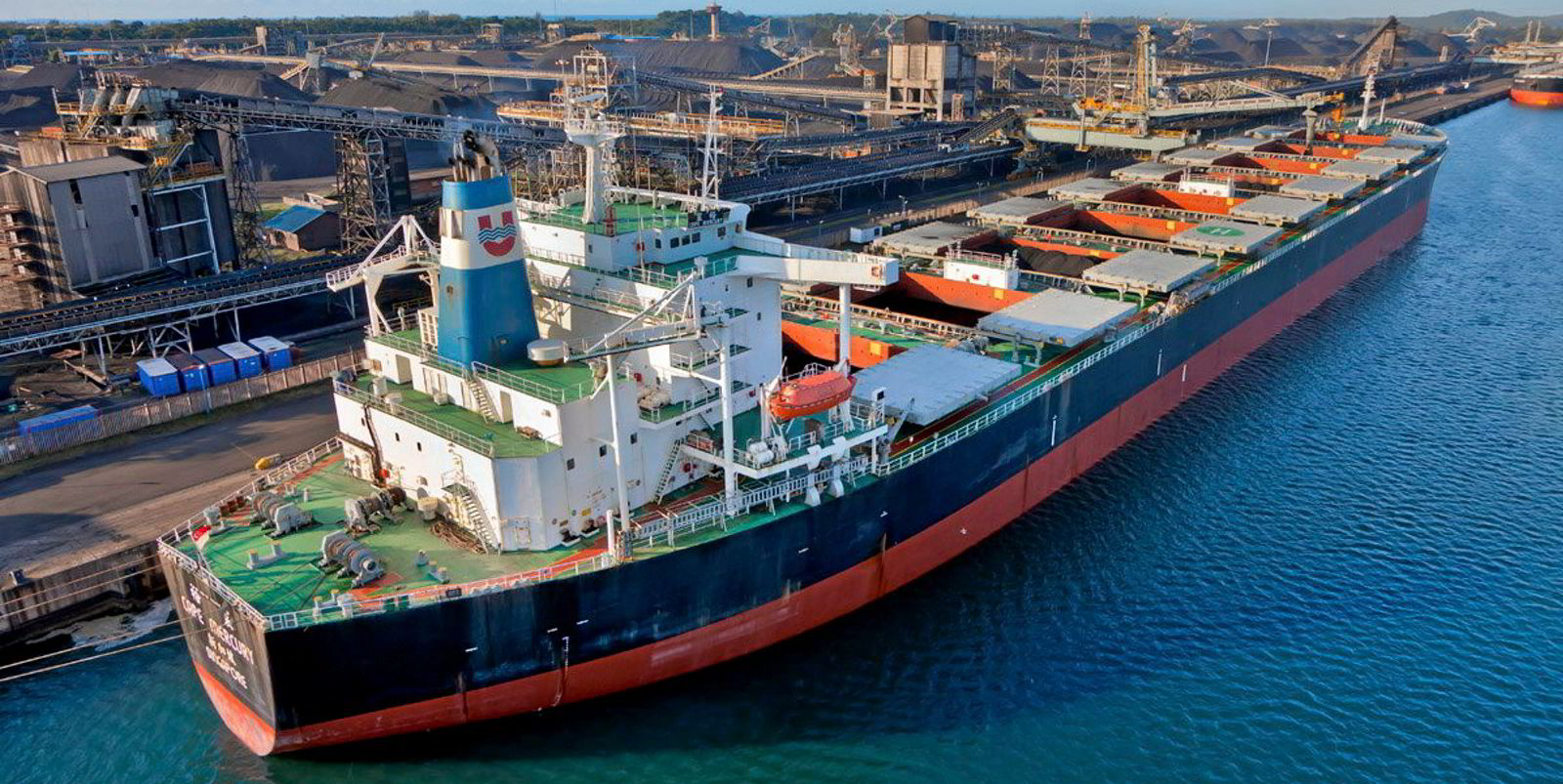Capesize bulker spot rates added to what has been the strongest start to February in more than a dozen years.
The Baltic Exchange’s Capesize 5TC rate basket jumped 10.7% on Tuesday alone, as strong cargo flows propped up the market.
The day’s reading of nearly $17,800 per day marked a 30% increase since the same day a week earlier, and it was a 36.8% boost since rates cratered on 17 January.
And Tuesday’s leap came after shipowner 2020 Bulkers said capesize rates were having their best early February since 2010. February is typically a nadir in the volatile capesize market’s seasonal calendar.
On social media platform X, Oslo-listed 2020 Bulkers highlighted a one-day jump of $1,207 in February contracts on the futures market.
“Seeing is believing gets a new meaning these days, as February is suddenly trading at $19,000 [per day],” the Oslo-listed company said.
The company said there are plenty of cargoes in both the Pacific and Atlantic basins.
Analysts at the Baltic Exchange echoed that view.
“Notably, all three miners in the Pacific were actively engaged in the market, marking the first instance this year, as observed by brokers,” they said, referring to the big three of Rio Tinto, Fortescue Metals Group and BHP.
“This combined with a robust cargo list and active operator engagement has fuelled market momentum.”
On the Western Australia-to-China iron ore trade, Rio Tinto paid $9.20 to $9.25 per tonne on Tuesday for two unnamed capesizes.
That is up from just $8.75 per tonne for a similar fixture a day earlier and $7.45 on Tuesday of last week.
One factor helping the market is the Red Sea crisis, which is leading to longer routes for ships that would normally use the Suez Canal.
As spot rates soared, capesize futures continued to mount an upward leap on Tuesday that has seen March contracts rise 36% so far this year.
Forward freight agreement data from shipbroker Braemar showed that March contracts for average capesize rates jumped $1,104 on Tuesday alone, bringing them to $21,500 per day.
That is up from nearly $17,100 per day for the same contract a week earlier and from nearly $15,800 per day at the end of this year to buy a March capesize FFA, data from the Baltic Exchange showed.






